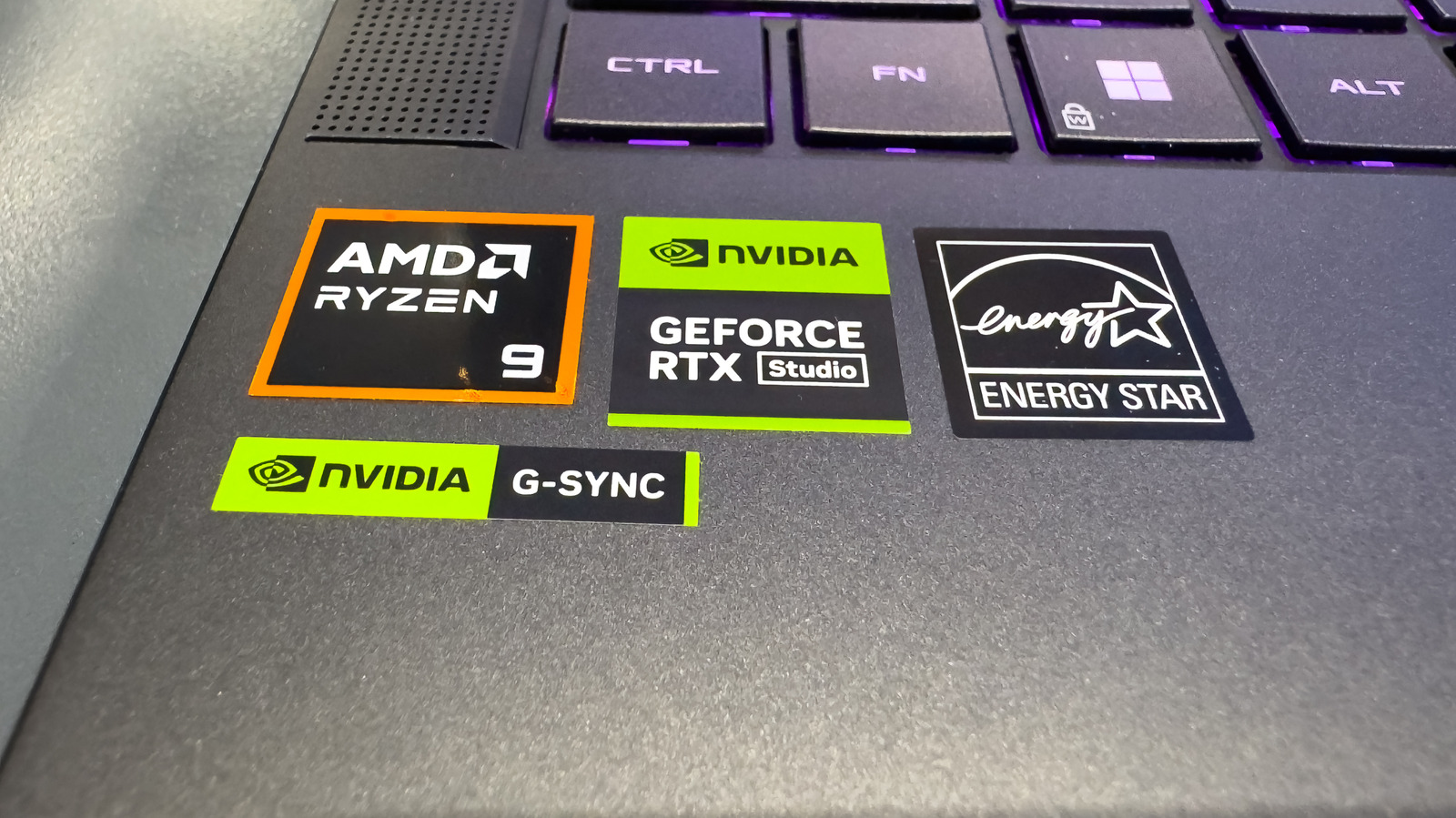It can take months or longer for satellite-related projects, including for Starlink, to receive approval from the Federal Communications Commission. But a new proposal up for vote next month will try to streamline the process by cutting the red tape.
On Wednesday, the FCC’s Chair Brendan Carr introduced the proposal, which includes several reforms designed to clear regulatory barriers for satellite projects.
“Over the last few years, it has taken more time for satellite applications to move through the regulatory review process than it has for engineers to build and launch a spacecraft into orbit. That is unacceptable and we intend to fix it,” Carr wrote in a blog post.
The FCC’s Space Bureau has already made it a priority to work through the hundreds of satellite applications, cutting the backlog down by nearly a half. However, Carr says the Commission needs to do more by reforming old rules that can saddle satellite providers with piles of paperwork.
(FCC)
In response, the FCC’s Chair wrote: “We will delete FCC approval requirements for a range of activities that pose no risk to the public. Eliminating unnecessary paperwork doesn’t just improve efficiency —it kickstarts American innovation.”
The proposal promises to benefit all the major players racing to develop satellite internet services, including SpaceX, AST SpaceMobile, Amazon’s Project Kuiper and Apple partner Globalstar. All currently have applications to modify or expand their satellite services, including through new constellations that’ll span hundreds to thousands of additional satellites.

Get Our Best Stories!
Your Daily Dose of Our Top Tech News

By clicking Sign Me Up, you confirm you are 16+ and agree to our Terms of Use and Privacy Policy.
Thanks for signing up!
Your subscription has been confirmed. Keep an eye on your inbox!
The exact text of Carr’s proposal hasn’t been released. But his blog post suggests the reforms target smaller-scale satellite-related applications, rather than major projects, such as SpaceX’s plan to operate nearly 30,000 Starlink satellites meant to deliver gigabit speeds.

(Starlink.com)
In a statement, the FCC added the reforms are designed to streamline the regulatory process for both satellites and ground stations, which communicate with the satellites. This includes “removing many requirements to file license modification applications.” In an example, the FCC said one of the reforms is expected to eliminate “approximately 49%” of the applications focused on ground stations.
“The reforms would also expand the list of license modifications that do not require prior authorization, adopt a 30-day shot clock for earth station renewal applications, and eliminate repetitive requests for special temporary authority for geostationary orbit satellites,” the statement added. “The reforms would also eliminate outdated rules like the requirement for applicants to print and retain a paper copy of the ICFS application for their files (approximately 21,000 paper pages a year).”
Recommended by Our Editors
In addition, the reforms will try to unleash a new business model, where a single ground facility can serve multiple satellite services, rather than merely one.
This “Ground-Station-as-a-Service” promises to help startups and other emerging companies easily enter the satellite market, without building their own ground infrastructure. Instead, they could tap an existing provider, opening a lucrative business opportunity for companies such as SpaceX and Globalstar, which already have ground facilities across the globe. On Tuesday, SpaceX revealed the company has “more than 100 gateway sites in the United States alone – comprising a total of over 1,500 antennas” to power Starlink access.
The FCC is slated to vote on the proposal during its August 7th meeting.
About Michael Kan
Senior Reporter










